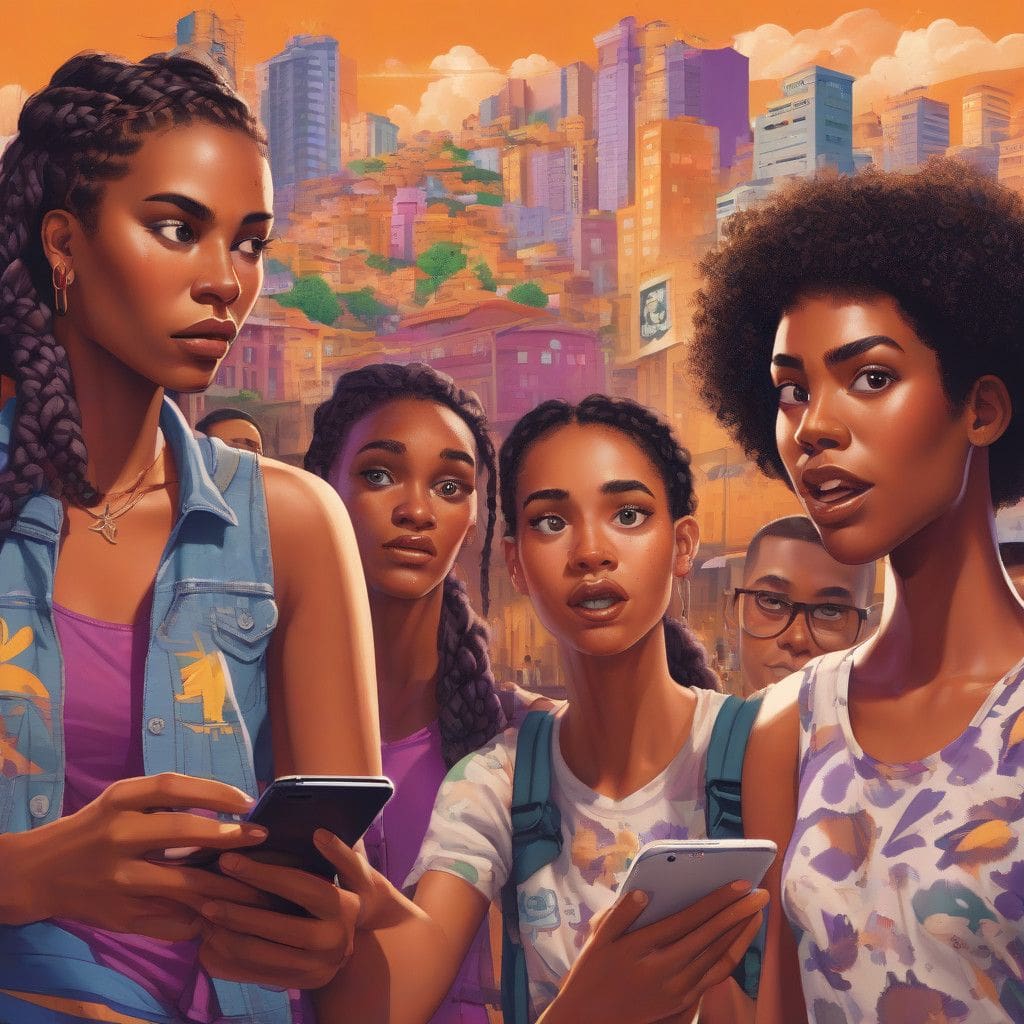In a surprising turn of events, the social media platform X, formerly known as Twitter, became momentarily accessible to users in Brazil, despite a Supreme Court ruling mandating its prohibition. The incident occurred amid a contentious battle between the platform’s owner Elon Musk and Brazilian Justice Alexandre de Moraes, resulting in a nationwide block last month. However, users celebrated this brief window of access, interpreting it as Musk’s challenge to the established law.
X later clarified that this restoration of access was inadvertent. The platform’s Global Affairs team explained that a technical switch in network providers led to the incident, as this rerouting allowed certain users in Brazil to log back into their accounts. The adjustment was not a planned action, and the company anticipates that the mandated block will be enforced again shortly.
According to the Brazilian Association of Internet and Telecommunications Providers (Abrint), the recent changes redirected users through external third-party cloud services, circumventing local restrictions without the reliance on virtual private networks (VPNs). This complex situation raises significant questions regarding regulatory enforcement in an increasingly interconnected digital landscape.
Brazil’s telecommunications regulator, Anatel, is now under pressure to implement the original court ruling more rigorously. Nevertheless, the task is complicated by the potential repercussions that such measures may have on other essential services, including governmental and financial operations. Bridging the gap between effective regulatory action and the uninterrupted functionality of critical sectors presents a challenging obstacle for Brazilian authorities.
The implications of this situation extend beyond just access to a social media platform. It highlights a broader narrative about the ongoing struggle between governments and tech companies over jurisdiction and control in the digital space. For many users, X serves as a pivotal communication tool, and any disruptions to its availability are met with widespread concern. The brief period of access not only reignited discussions about freedom of expression but also illuminated the complexities of regulating tech giants in a globalized world.
As discussions continue, the situation remains volatile. The restoration of access to X, albeit temporary and unintentional, symbolizes the gradual shifts in power dynamics within the realm of digital governance. There is an urgent need for clearer frameworks that address the intersection of technology, law, and user rights, especially in countries where social media platforms play a crucial role in daily life.
To understand this incident fully, it’s essential to recognize the backdrop of high-stakes interactions between Musk and Brazilian authorities, which raised questions about accountability and corporate influence. As both parties navigate the opposing interests, the outcome of this confrontation may set significant precedents for how similar disputes are handled in the future.
Furthermore, the reliance on cloud services and third-party networks has broader ramifications for all stakeholders involved. Brazilian regulators must consider not only the immediate impact of their actions but also how changes in policy might influence the operational landscape for internet and telecommunications services throughout the country.
As the situation evolves, stakeholders must remain vigilant. The balance between maintaining access to communication platforms and enforcing legal mandates needs thoughtful dialogue. For many people, a platform like X is not just a social networking site; it represents an essential conduit for advocacy, connection, and expression.
In conclusion, the brief accessibility of X in Brazil, despite its legal ban, underscores vital questions regarding the relationship between technology and governance. It provides a lens through which to examine the current climate of digital expression and the challenges that arise from attempts to regulate it. Observers worldwide will be keen to see how this situation unfolds and what it means for future interactions between society, technology, and the rule of law.











